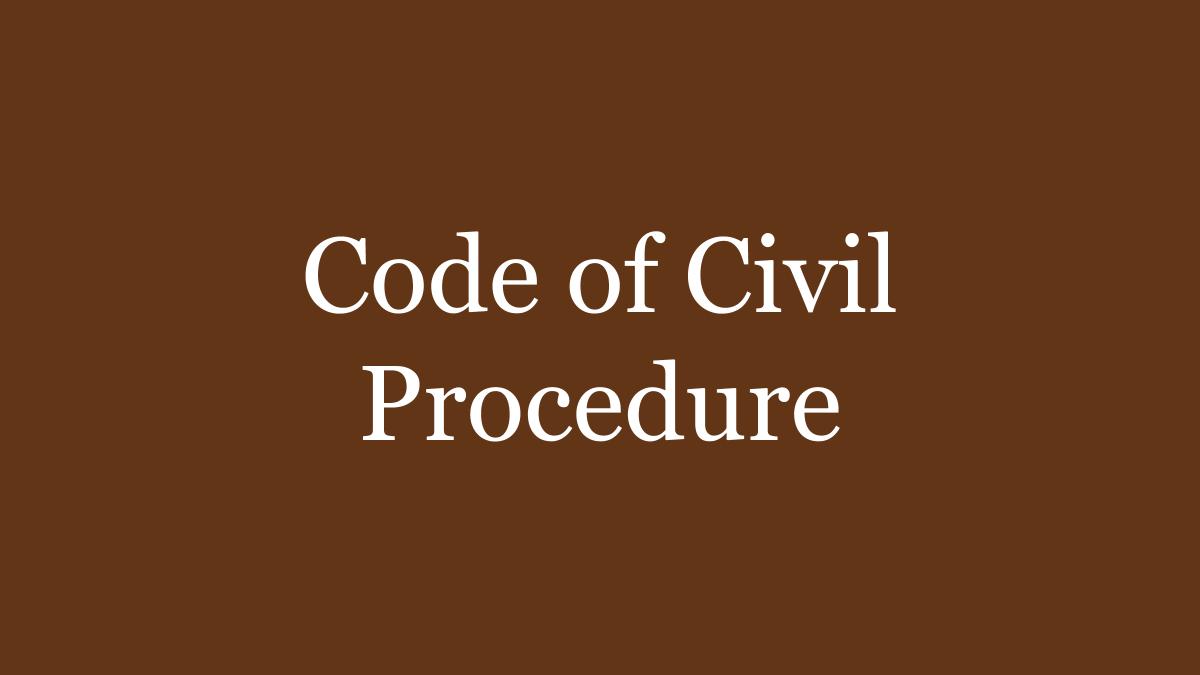The oldest principle of civil law is that creditor must seek out the debtor and therefore, it was imperative for the plaintiff to give the correct address of the defendants. The present suit being a summary suit, should not be thrown out where the defendants have been able to prima facie show that they were not served with the summons in the suit. This was held in GIRISH MITTAL v. PRATEEK MADHAN AND ORS [CS(OS) 130/2020] in the High Court of Delhi by a single bench consisting of JUSTICE MANOJ KUMAR OHRI(VIA VIDEO CONFERENCING).
Facts are that an ex-parte order had been passed against the defendants who have sought recall of the impugned order primarily on the ground that the defendants were never served with the summons in the suit for the reason that at the relevant time, the defendants were not staying at the address mentioned in the memo of parties. Thus application has been filed by defendants under Order IX Rule 7 read with Order XXXVII Rule 2(3) read with Rule 3(7) and Section 151 CPC.
The counsel appearing for the counsel for the defendants submitted that the speed post tracking report showed that the doors were locked, the courier tracking report mentioned that the courier was returned back to the party i.e., the plaintiff. The dasti service shown to be effected ought not to be relied upon as the service was sought to effected at an address where the defendants were not residing.
The counsel for the plaintiff emphasized the advance notice of the suit which was served on the defendants at the e-mail address ‘lalit2627@gmail.com’. The summons through dasti was effected on the same address of the defendants which was mentioned in the Agreement to Sell. The plaintiff had also sent a copy of the summons and the plaint at the official address of the company of the defendant
The court made reference to the case of Parimal v. Veena wherein the expression “sufficient cause” was interpreted by the Supreme Court, it had been observed that, “Sufficient cause” is an expression which has been used in a large number of statutes. The meaning of the word “sufficient” is “adequate” or “enough”, inasmuch as may be necessary to answer the purpose intended. Therefore, word “sufficient” embraces no more than that which provides a platitude which when the act done suffices to accomplish the purpose intended in the facts and circumstances existing in a case and duly examined from the viewpoint of a reasonable standard of a cautious man”.
The court also made reference to G.P. Srivastava v. R.K. Raizada and Others wherein the Supreme Court had held that, “Under Order 9 Rule 13 CPC an ex parte decree passed against a defendant can be set aside upon satisfaction of the Court that either the summons were not duly served upon the defendant or he was prevented by any “sufficient cause” from appearing when the suit was called on for hearing. Unless “sufficient cause” is shown for non-appearance of the defendant in the case on the date of hearing, the court has no power to set aside an ex parte decree. The words “was prevented by any sufficient cause from appearing” must be liberally construed to enable the court to do complete justice between the parties particularly when no negligence or inaction is imputable to the erring party. Sufficient cause for the purpose of Order 9 Rule 13 has to be construed as an elastic expression for which no hard-and-fast guidelines can be prescribed”.
Considering the facts of the case and the legal precedents on the matter observed that the summons had been returned with the remark that the ‘door was locked’ and thus the defendants would lose a valuable right to defend the suit if they are deemed to be served in the facts narrated above. Thus the court directed that the application be allowed and the order whereby the defendants were presumed to be served by dasti service, be recalled.


